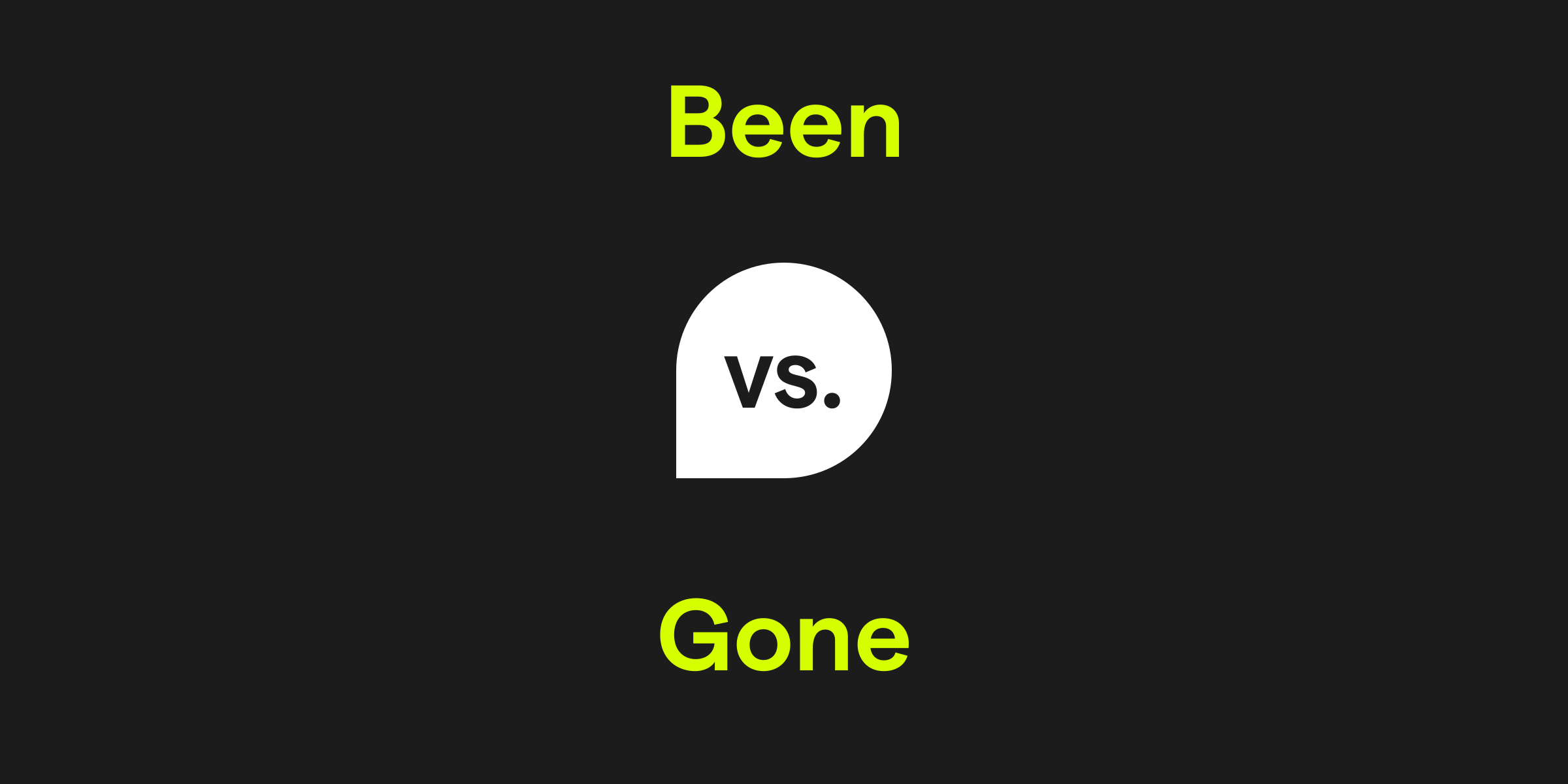Been vs. Gone: What's the Difference?
While both been and gone are past participles of the verb 'to go,' their usage differs significantly in context. Been is generally used to indicate that someone has visited a place and returned. In contrast, gone implies that the person has left for a destination and has not yet returned. The key difference lies in whether the subject's travel is complete or still ongoing.

How do you use the word been in a sentence?
Use been to describe an action that was completed at some time in the past, often relative to another event. It emphasizes completion and return from a place or state. Been is used in perfect tenses and is typically accompanied by a form of 'have' to construct a perfect aspect.
Examples of been in a sentence
- She has been to Paris three times.
- I had been working there for a year before I decided to quit.
- They've been married for over a decade now.
How do you use the word gone in a sentence?
The word gone is used when someone or something has left a place and not yet returned. In sentences, it suggests absence, departure, or an incomplete journey. As with 'been,' gone is also used in perfect tenses with 'have', but it carries a different implication of the subject's current location or status.
Examples of gone in a sentence
- He's gone to the store but should be back soon.
- By the time we arrived, the birds had already gone south for the winter.
- Are you still waiting for your sister? No, she's gone out with her friends.
Been and gone definition, parts of speech, and pronunciation
Been definition:
Been is the past participle of the verb 'to be.' It is used to describe a state that existed at some point in the past or an action that has been completed, typically involving movement to a place and back.
Been parts of speech:
Been pronunciation:
Been is pronounced as /bɪn/ or sometimes as /biːn/ in American English, depending on regional dialects.
Gone definition:
Gone is the past participle form of the verb 'to go.' It is typically used to indicate that someone or something has left a place and is currently absent or on a journey.
Gone parts of speech:
Gone pronunciation:
Gone is pronounced as /ɡɔn/ or /ɡɒn/ depending on the regional accent.
Been is the past participle of the verb 'to be.' It is used to describe a state that existed at some point in the past or an action that has been completed, typically involving movement to a place and back.
Been parts of speech:
- As a verb: 'After she had been to the circus, she couldn’t stop talking about it.'
Been pronunciation:
Been is pronounced as /bɪn/ or sometimes as /biːn/ in American English, depending on regional dialects.
Gone definition:
Gone is the past participle form of the verb 'to go.' It is typically used to indicate that someone or something has left a place and is currently absent or on a journey.
Gone parts of speech:
- As a verb: 'When I got home, my roommate had already gone.'
Gone pronunciation:
Gone is pronounced as /ɡɔn/ or /ɡɒn/ depending on the regional accent.
Been vs. gone in a nutshell
Been and gone represent different states of movement and presence. Been relates to a completed action, implying a return from a destination or a past state. Gone highlights an ongoing state of absence, usually without a specified return. Understanding their nuanced differences can greatly improve the accuracy and clarity of your communication, especially when describing travel or the existence of people or things in various locations over time.
Get AI Writing Assistance Wherever You Type
Make sure your vocabulary is on point and every punctuation mark is in the right place, no matter where you’re working. Grammarly works across more than 1 million websites and apps so you can improve your writing without copying, pasting, or breaking focus.

More Commonly Confused Words
Interest piqued? Pore (not pour) over other commonly confused words to help your writing reach peak (not peek) performance.